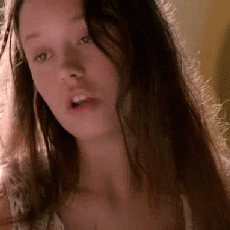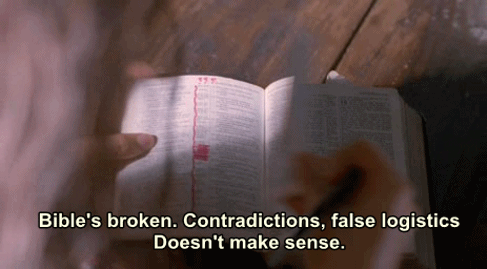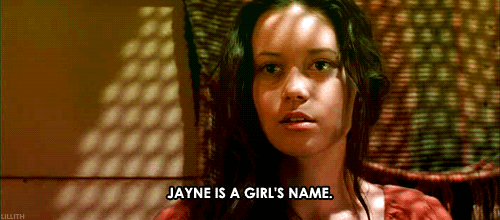The interesting thing about these, and the reason I'm posting about it, is that they were for writers at very different stages of the process. One was just starting out, one a seasoned writer making strides toward publication, and one a debut author. In each of these cases, comments were made about my critique style and how I learned it. Which got me thinking that this might be a topic more people are interested in.
Fast forward to this week, when Maggie Stiefvater posted her CP Love Connection and it seems perfectly timely. As an aside, I highly recommend you start there if you're looking for a creative hook up. And remember to check the postings on her mirrored blogs.
So, let's talk about critique and what it means to be a partner. This will be a post in two parts. Part one (that's this part) on the "what" of crit; part two on the "how." (Part three if I think of something else).
I know that there are people who have elaborate hierarchies of the various sets and subsets of critique partners. People talk about Alpha readers and Beta readers and for all I know they have Gamma, Delta, Epsilon, and Zeta readers, too. But I'm going to break things down into the three levels reflected most precisely in the publishing process: Editor, Line Editor, Copy Editor. They will all serve you well, but in very different ways. And please know that though I'm speaking in very general terms, I'm talking about my own experience in the wild and sundry world of critique.
What does an editor do?
I'm feeling bullet-y today. Let's use those.
- Read for over-arching consistency and integrity in the story. This is the big picture, so big, you're in space looking down at the earth, discovering how the continent you want to build will fit in the vast scheme of things. In other words, plot and character arcs - do they work? Are they realized?
- Give attention to the movements within a story and transitions between them. This is probably the medium-sized picture, from the earth's atmosphere on a clear day where you can see the topography of this new continent. In other words, subplots, setting, and tone - are they adding to the story?
- Be aware of the momentum of the story. This is the most focused view; you're on the ground navigating the path you charted from atmo. In other words, pacing, pacing, pacing - which scenes drag at the story? What quiet moments are missing?
What does a line editor do?
- Voice and point of view. Are they consistent throughout?
- Word choice and sentence structure. Do the word choices and sentences relate to specific character arcs? Is pacing consistent with sentence structure?
- Pacing and rhythm within the text. Should you consider condensing a paragraph into one or two lines? Do you over-use pronouns or specific sentence type?
What does a copy editor do?
- Read for consistency in descriptions. Do your characters have the same hair color throughout? Did you spell the name of the town consistently? Did your protagonists mother drive a Prius at the beginning and an SUV at the end?
- Find problems with internal logic. Can your character actually cross a certain distance in the time they say they can?
- Words, words, words. Grammar and style (both the author's and the publisher's). Do you love the Oxford comma? Always spell gray with an 'e'?
To be clear, I think a CP can do all of these levels of editing, but it's the first level that is the most crucial. You wrote a book, which makes you brilliant, but a CP who can point to the major plot hole in your work is just as brilliant. A CP who can point to the plot hole and also how the fix for that hole already established in the manuscript well, they're the best in the 'verse. If your CP only gives you line notes and copy edits, you don't actually have a CP.
So now that I know what I'm looking for, how do I find a good critique partner?
Finding a good CP can be tough. Having swapped manuscripts with dozens of people, I know that being in the trenches can be so frustrating you begin to question the worth of the quest. But don't give up! There's no training for this job. As with writing, many of us learn by doing, and that means that every time you swap a manuscript, you are both learning and teaching someone how to give critique.
My best advice is to keep swapping - establishing rules such as those in Maggie's post before you trade - with an eye for those who can critique on the editor level.
There are several resources online that will help you connect with similarly situated writers. I'll list more below, but if you know of others, please drop them in the comments. You can also reach out to local chapters of SCBWI or your library to see what crit groups are active in your area, but I've had the best success online.
Resources
In addition to Maggie's connection, the following are great places to cruise for creatives:
- VerlaKay BlueBoards (primarily aimed at children's book writers)
- CP Seek (which I have no personal experience with, but hear good things about)
- Ladies Who Critique
- Write On Con's Critique Match Up




No comments:
Post a Comment